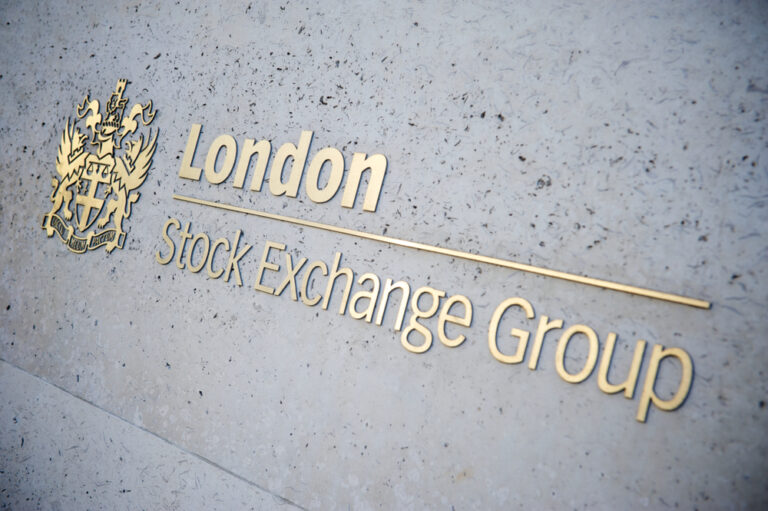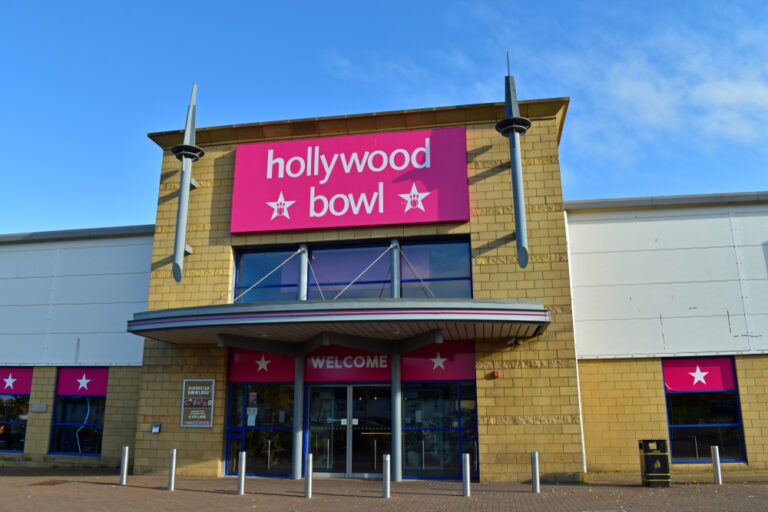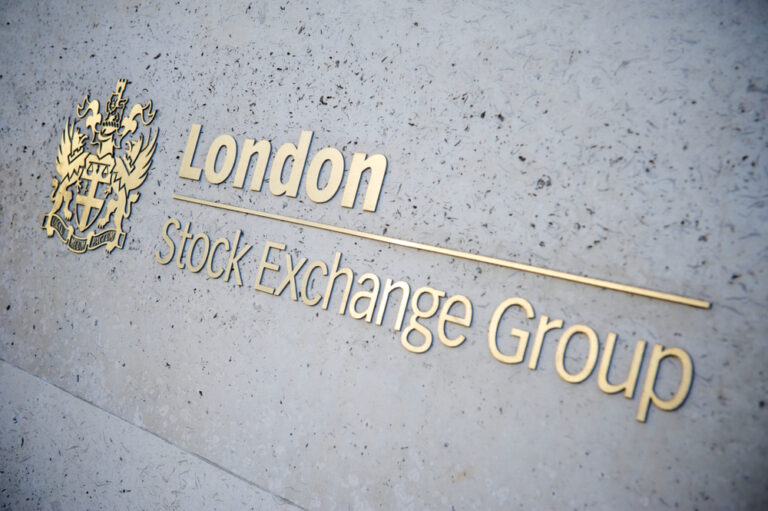Fund manager Nick Train explains why UK-listed data businesses offer compelling growth opportunities as artificial intelligence transforms entire industries
After 25 years at the helm of Finsbury Growth and Income Investment Trust, Nick Train has orchestrated a portfolio transformation that now provides investors with balanced exposure to some of the UK’s leading adopters of artificial intelligence.
The veteran fund manager, who has followed UK markets since the early 1980s, has shifted the trust’s focus from traditional consumer brands towards data-driven businesses poised to capitalise on the artificial intelligence boom.
Data and digital businesses now comprise just under 60% of the portfolio, a dramatic pivot from the consumer staples that dominated for the first two decades of this century. It’s a bold repositioning that reflects Train’s conviction that AI-powered companies represent the UK market’s best growth opportunities. And that many of these companies are significantly undervalued.
The concentrated approach
Train’s investment philosophy draws heavily from Warren Buffett’s playbook. “Running a concentrated portfolio increases your chances of delivering different performance,” Nick Train explained in a recent interview with UK Investor Magazine. “But there’s a critical caveat – you must concentrate on exceptional, substantive, durable businesses.”
Train and his team hunt for companies that offer insights or services customers simply cannot do without. The criteria are exacting: proprietary data, powerful network effects, and the ability to generate reliable cash flows whilst remaining capital-light.
“What’s so compelling about these data and platform businesses is that although they must keep investing in their software and technology, it doesn’t cost them much to grow,” Train notes. He points to Sage’s recent results, where earnings per share jumped 18% whilst headcount remained static. The company’s return on capital climbed from an already impressive 26% to 31%.
The AI catalyst
The shift towards data businesses accelerated as Train observed how artificial intelligence was transforming company growth trajectories. RELX provides the clearest example. Until 2020, the company’s revenues grew steadily at 4-5% annually. Since deploying large language models across its proprietary datasets, that growth rate has doubled to 8-9%.
“RELX has been able to overlay new tools on top of data that lawyers, insurance professionals, and scientific researchers simply can’t do their jobs without,” Train explains. “This makes their services even more valuable and stickier.”
The trust’s legal information division, LexisNexis, now reports 9% revenue growth – nearly triple its pre-2020 rate – by offering US legal practices tools that save hours of partners’ billing time.
Portfolio powerhouses
RELX stands as Train’s prime example of UK data excellence. Having climbed from the 68th largest FTSE 100 company in 2000 to ninth place today, Train has half-jokingly challenged CEO Erik Engstrom to compete with Rolls-Royce for the top spot. With the company’s risk division, which focuses on fraud detection and insurance data, now comprising over half the group’s value and growing faster than ever, it’s not entirely fanciful.
Experian represents a more recent addition, bringing exposure to the world’s largest credit bureau. With data on 1.4 billion individuals and 150 million companies globally, Experian possesses information unavailable to competitors or AI agents. Twenty of the top 25 US financial institutions rely on Experian’s Ascend tool for creditworthiness assessments. Train sees Experian as a textbook example of indispensable data services.
London Stock Exchange Group provides the trust with exposure to the world’s biggest vendor of real-time financial market prices, whilst Rightmove demonstrates powerful network effects in the property platform space. Train has an affection for Rightmove, and like most UK institutional shareholders, when Australian firm REA attempted a takeover last year, he wasn’t interested in selling.
Sage presents itself as a value play when compared to US peers with Train noting the contrast between its valuation at five to six times sales compared to 10-15 times for comparable US-listed competitors. Rather than bemoaning the discount, Train mentions that CEO Steve Hare suggested UK investors will be rewarded as growth compounds from a more reasonable starting point.
Perhaps most intriguingly, Train sees AI potential beyond obvious technology plays. Recent investment Clarkson, the shipbroking business, increasingly uses maritime fleet data to create new products and services. “I’m very interested in finding UK-listed companies where AI tools could prove beneficial, not just pure data businesses,” Train says.
The Consumer Stalwarts
Despite the digital pivot, Train remains “an unapologetic advocate for semi-eternal consumer brands.” Diageo represents the largest consumer holding, anchored by brands like Guinness, Johnnie Walker, and Don Julio. “Those incredible brands will likely be consumed in greater volumes in 25 years than today – that’s the basis for both capital preservation and wealth creation,” Train argues, noting the shares have climbed from £5 in 2000 to £17.50 today despite recent setbacks.
Burberry and Fever Tree provide exposure to unique global brands, whilst a modest stake in Manchester United offers what Train calls a “totally unique franchise” likely to endure and appreciate over the coming decade.
The UK opportunity
Train pushes back against pessimism surrounding UK equities. Whilst acknowledging the market’s disappointing recent decade, he notes the fundamental difference between the UK stock market and the UK economy, pointing out that many of Finsbury’s portfolio companies earn revenue globally.
“I still see plenty of reasons not to be pessimistic about either the UK stock market or the UK economy,” he says. The key isn’t a broad market re-rating but rather exceptional companies growing larger and more profitable, lifting the index as they expand.
He draws encouragement from PwC research forecasting substantially stronger GDP growth through 2030 driven by AI adoption across industries. Combined with Goldman Sachs’ predictions of halving gas prices, potentially coinciding with peace in Ukraine and renewed access to Russian energy.
“You could see a combination of falling energy costs, growth driven by new technology, and interest rates peaking out,” Train suggests. “That creates an environment for strong earnings growth.”
Lower energy costs would particularly benefit AI development, addressing concerns about power consumption whilst accelerating the technology’s economic impact.
Patience and conviction
Train’s quarter-century stewardship of Finsbury Growth and Income Trust has reinforced patience and his conviction strategy. As both manager and the trust’s largest individual shareholder, he’s personally invested in the thesis that concentrated portfolios of exceptional businesses compound wealth over time.
The pivot towards AI-enabled data businesses reflects not an abandonment of principles but their application to new opportunities. Whether analysing Diageo or RELX, the framework remains consistent: seeking assets likely to remain relevant and valued by customers for decades to come.
“Be optimistic,” Train urges. “We should be optimistic about our corporate sector.” With UK-listed data businesses trading at discounts to US peers whilst executing AI strategies that double growth rates, the trust appears positioned to capitalise on what Train sees as a structural opportunity rather than a cyclical trade.
For investors seeking exposure to Britain’s AI revolution through proven, cash-generative businesses, Finsbury Growth and Income Trust offers a concentrated bet on Train’s conviction that the UK harbours world-class technology companies.









